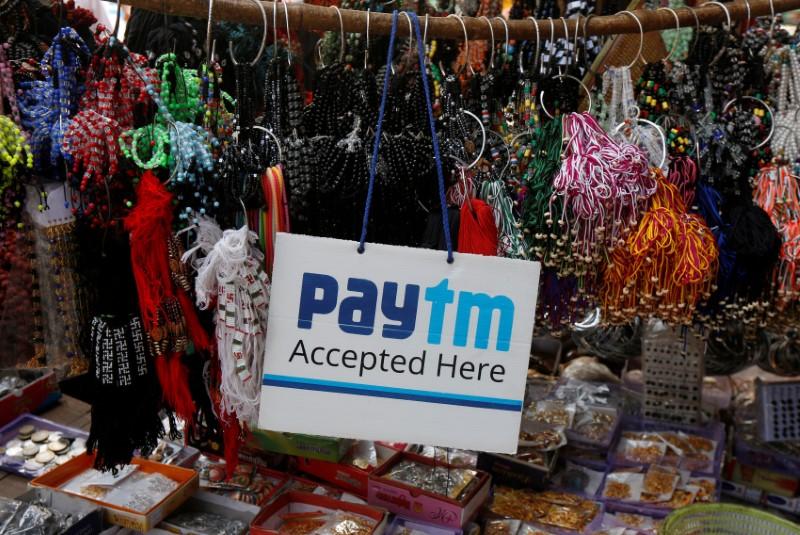Antfin, an arm of Jack Ma’s behemoth Ant Group, sold 10.3 percent of its stake in the Indian fintech Paytm to Vijay Shekhar Sharma, its founder, in a deal worth about $628 million announced on Monday.
Mr. Sharma, who is also Paytm’s CEO, is looking to simplify Paytm’s ownership structure amid larger worries about Chinese involvement in Indian fintech companies. With the sale, he would become the company’s largest stakeholder, with a 19.42 percent stake. Antfin’s holding in Paytm will consequently fall to 13.5 percent.





